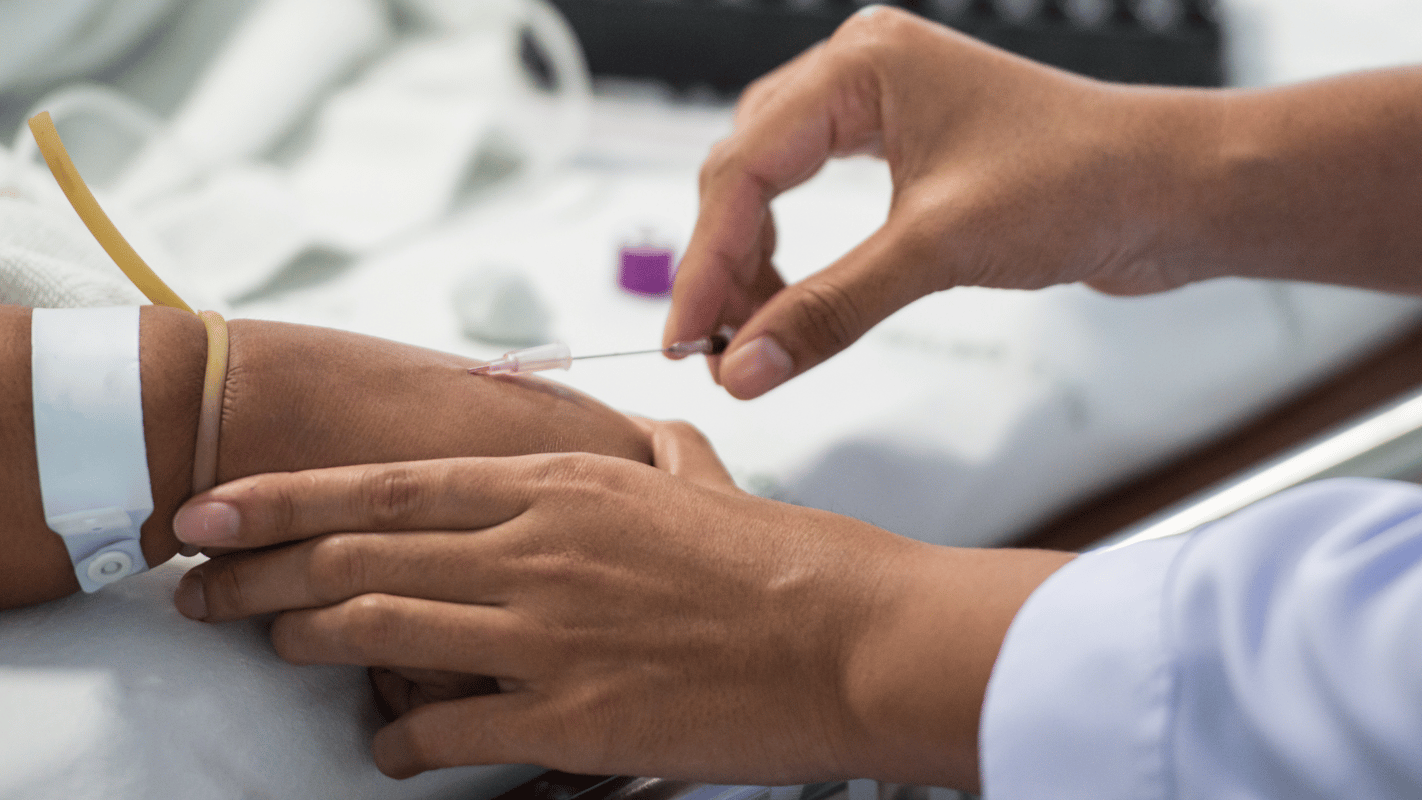How to Become a Phlebotomist in South Carolina

What is Phlebotomy?
Phlebotomists are healthcare professionals responsible for collecting blood samples from patients. Their primary duties include drawing blood, labeling samples, and ensuring proper handling and storage of the collected specimens.
How do I get my Phlebotomy certification?
After completing a Phlebotomy training program, you will need to pass a certification exam, such as the one offered by the National Phlebotomy Association or the American Society of Phlebotomy Technicians, to obtain your Phlebotomy certification.
How do I get a job as a Phlebotomist?
With your Phlebotomy certification in hand, you can start applying for Phlebotomy positions at healthcare facilities in South Carolina. Networking, researching job postings, and highlighting your skills and training during the application process can increase your chances of landing a Phlebotomy job.
Career Paths and Opportunities after Becoming a Phlebotomist
As a Phlebotomist, you can explore various career paths, such as working in a hospital, clinic, or laboratory setting. Some Phlebotomists may also choose to advance their careers by pursuing additional education or specializations, such as becoming a medical laboratory technician or a nurse.
Final Thoughts
Becoming a Phlebotomist in South Carolina can be a rewarding career path, as you'll play a vital role in the healthcare system by collecting and processing blood samples. With the right training, certification, and job search strategies, you can embark on a fulfilling career as a Phlebotomist in South Carolina.
If this article doesn't match what you're looking for, you can check out these other articles:

Athena is Co-founder and CEO of Dreambound.




